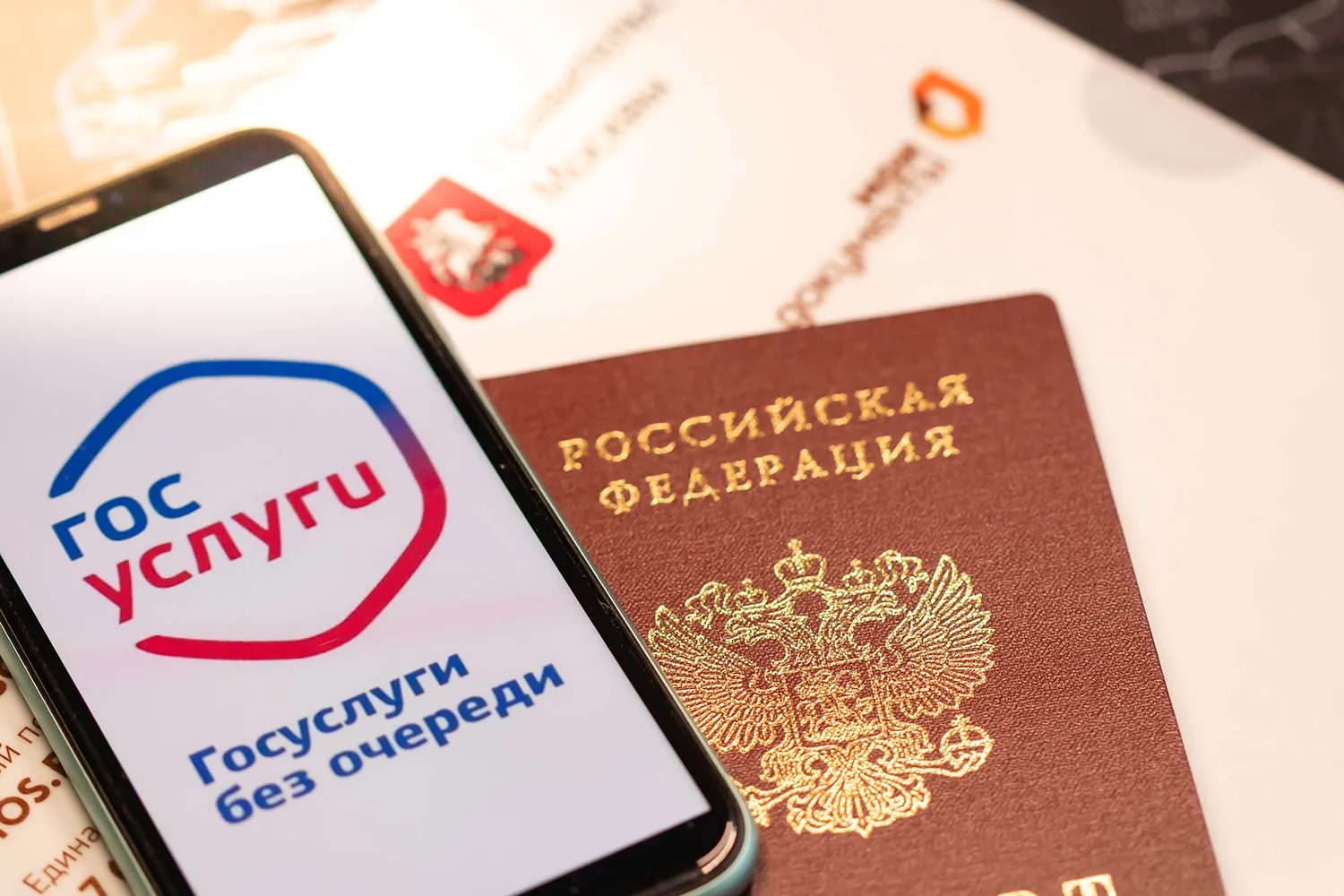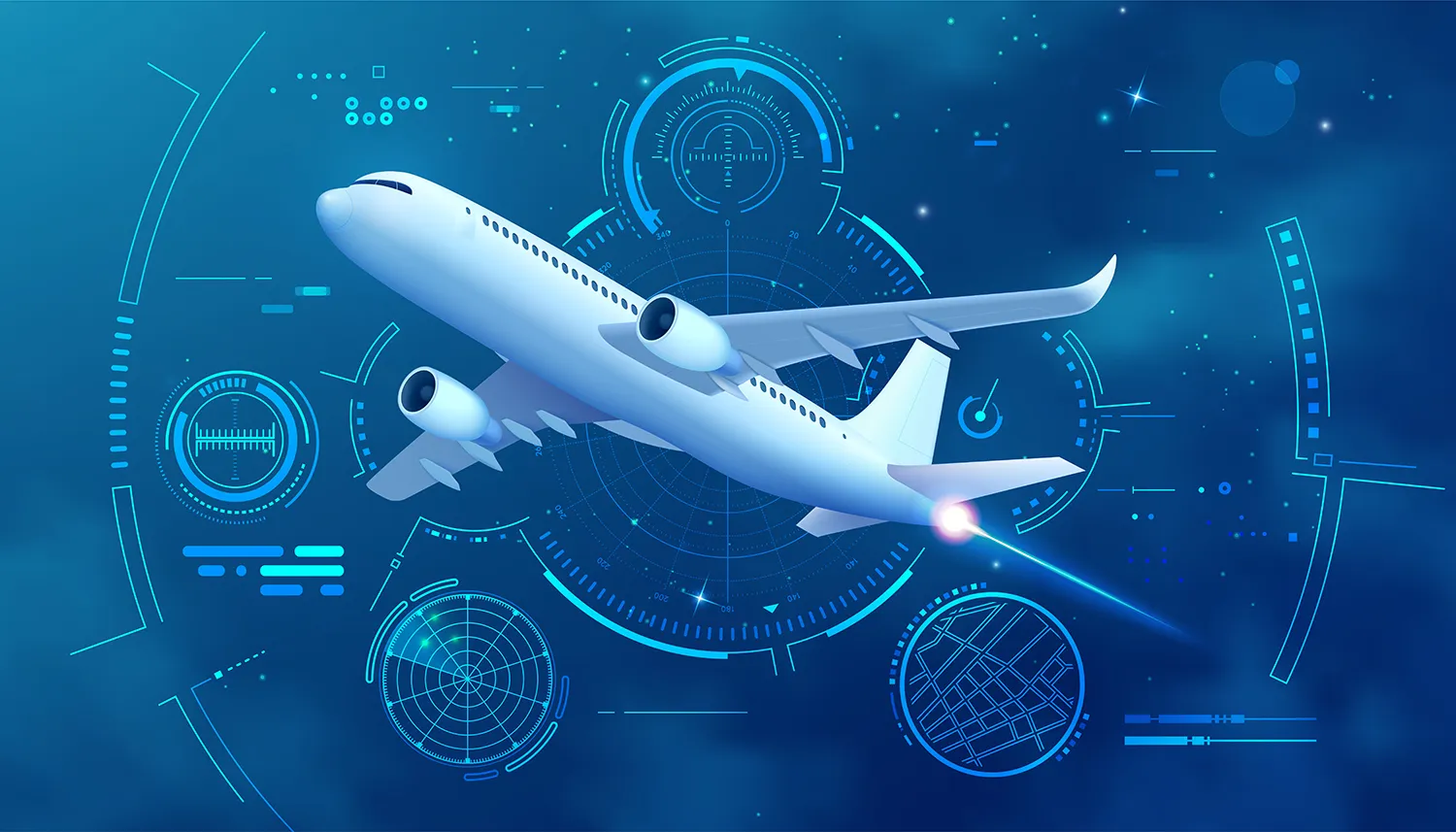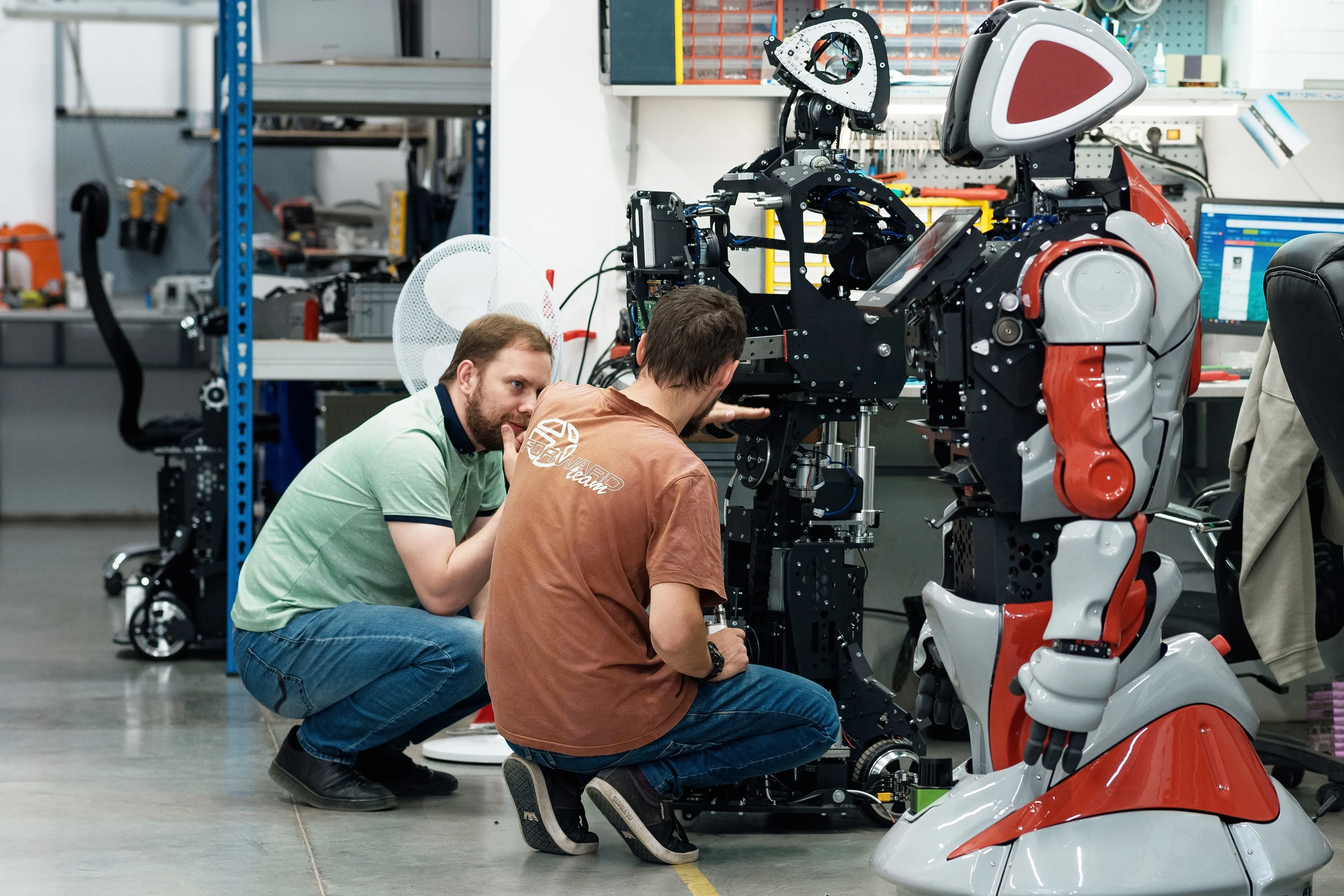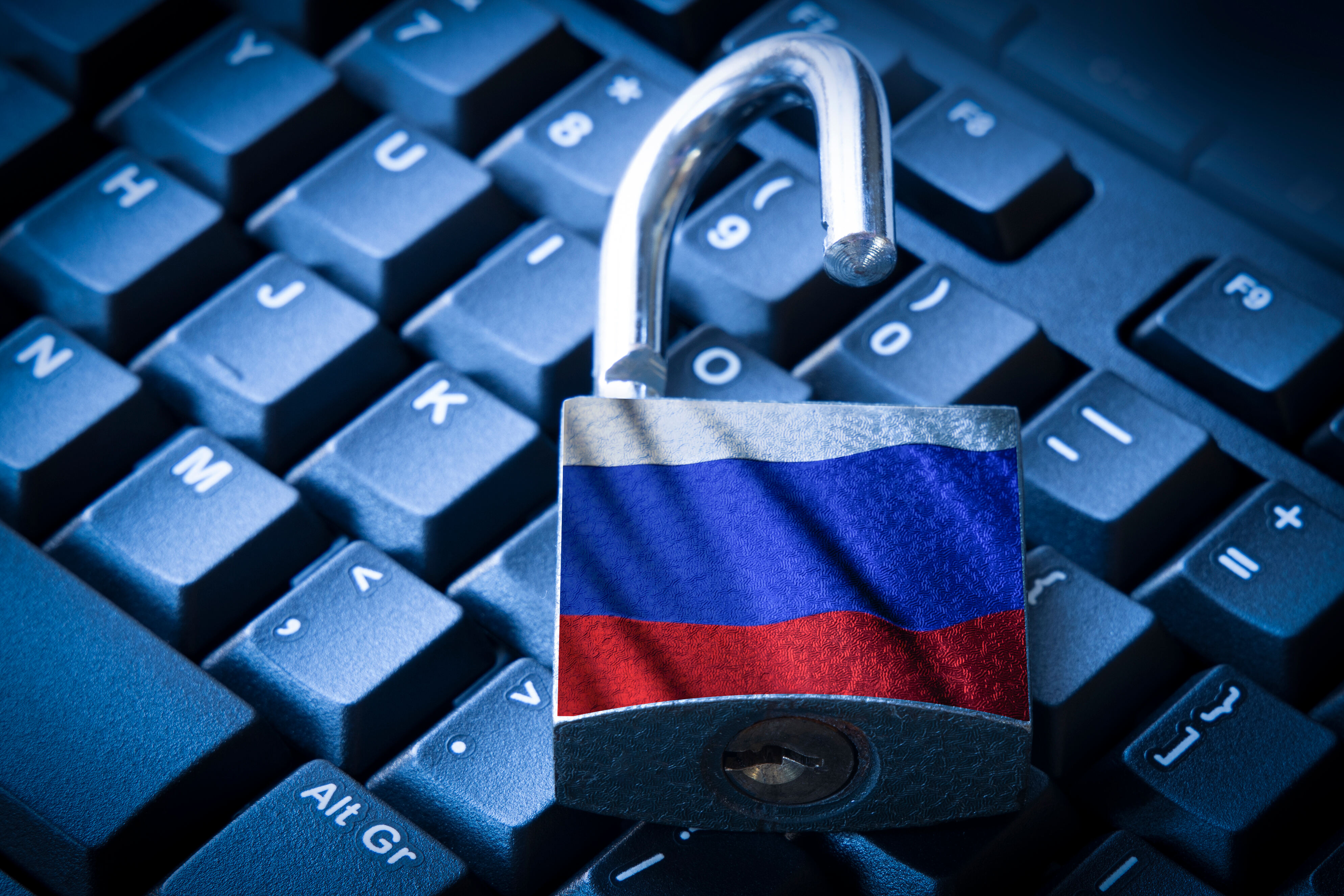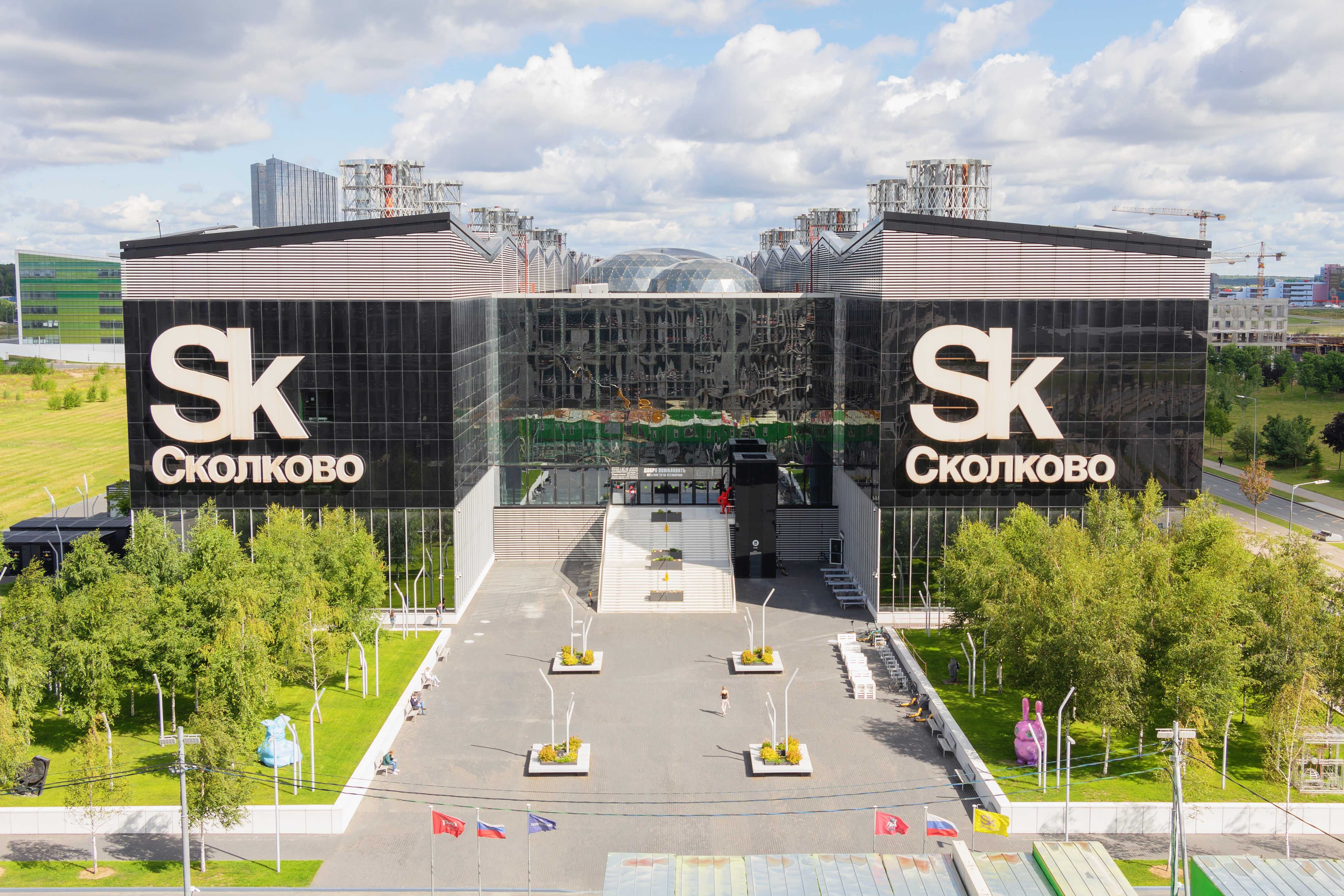Russia’s EdTech Goes Global: Digital Learning Platforms Gain Ground in Africa and Asia

As demand for digital education surges in underserved regions, Russian EdTech companies are stepping up—offering scalable platforms, AI-driven tools, and international partnerships that are reshaping how the world learns.
Scalable Platforms for Language and Core Curriculum
Facing limited access to quality education in many parts of Africa and Asia countries like Uzbekistan, Egypt, and Nigeria are increasingly turning to Russian EdTech solutions. Tomsk State University has launched a multilingual adaptive platform for learning Russian, tailored to the needs of Central Asian learners. The system combines personalized content with progress analytics and is now used across Uzbekistan, Tajikistan, and neighboring countries.
Another standout is 'Internet Urok,' a comprehensive online school offering full K-12 curricula. Officially registered as domestic software, it faces fewer regulatory hurdles abroad. With more than 2.2 million users across 90 countries—including Kazakhstan, Egypt, and South Africa—the platform helps fill critical gaps in core subjects for developing education systems.
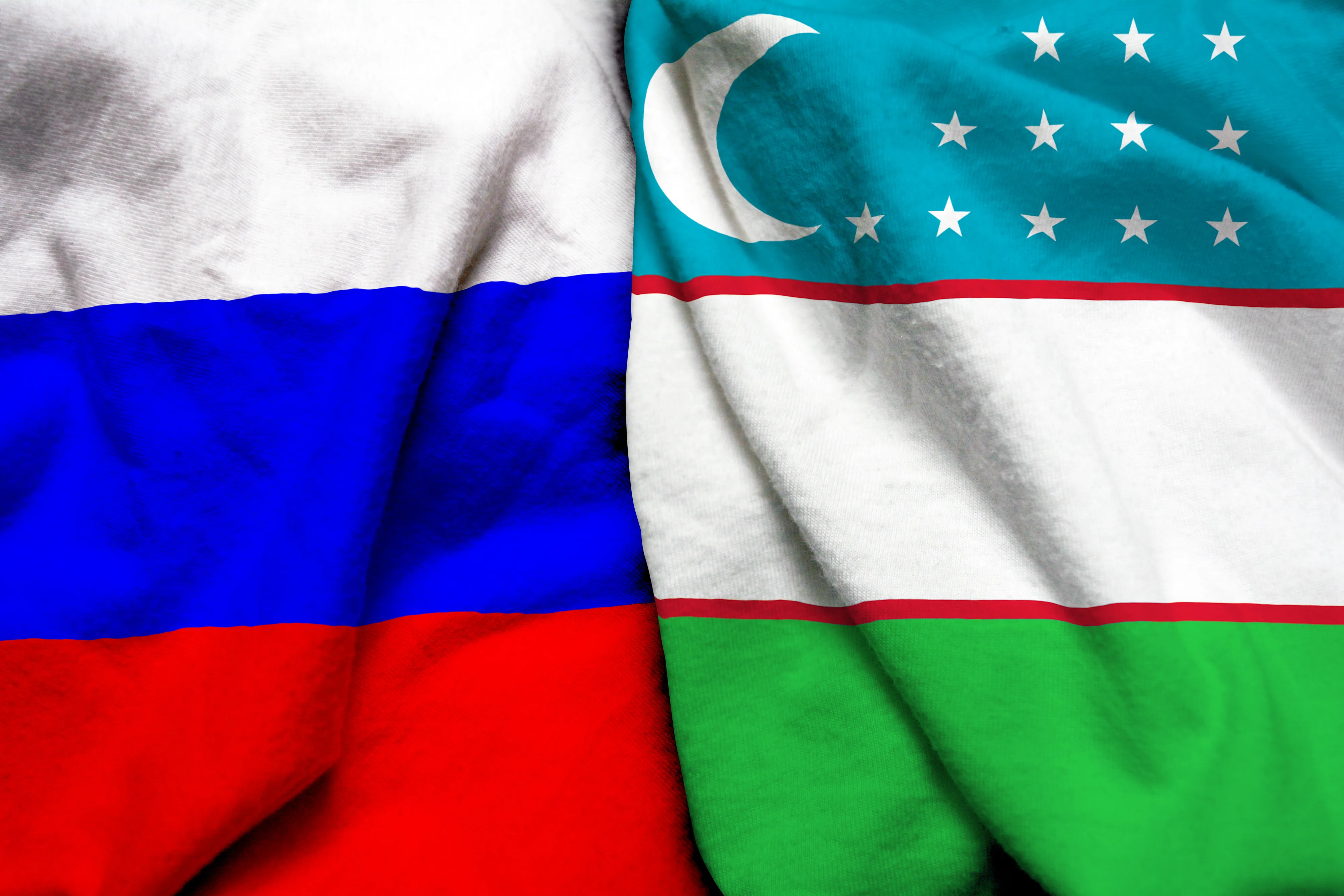
Deep Roots and Growing Impact
Russia’s presence in African education spans more than six decades. In 2023, Russia expanded scholarship quotas for Nigerian students to 250 spots—driving interest in Russian-language instruction and EdTech tools.
Nigerian platform uLesson has integrated Russian content into its offerings, while Russian investors—such as angel firm Shizune—are backing African EdTech startups.
These efforts signal a shift: Russia is evolving from scholarship provider to technology partner and supplyes digital education infrastructure that can scale globally.
From Forums to Full-Fledged Export Models
Events like Uzbekistan’s D-Economy forum showcase Russia’s adaptive learning systems and AI tutors—designed to boost classroom performance and university readiness. Such gatherings help forge regional alliances and accelerate the export of Russian EdTech.

Online English-language school Novakid exemplifies successful global scaling. Active in 49 countries, including Egypt and Turkey, it blends gamification, adaptive learning, and real-time analytics to compete with top-tier international platforms.
Companies like Skillbox Lerna Pro now offer white-label infrastructure for building local online schools in the CIS. By bundling content, platform tech, and financial backing, Russian EdTech is creating ecosystems—not just selling tools.
Soft Power and Strategic Influence
Education is becoming a vector of soft power. The nonprofit Broken Chalk and corporate leaders like Synergy Group CEO Vadim Lobov argue that Russian digital learning is now a high-value export.
Lobov notes that a significant share of youth in Africa and Asia could be enrolled in Russian programs by the decade’s end. A national platform for Russian as a foreign language is now in development, slated for launch by 2025, aiming to give students worldwide access to language acquisition.
Government support—from Russia’s Foreign Ministry to international forums and grant programs—is driving this expansion. With Africa and the CIS as launch markets, Russian EdTech startups are poised to become global education leaders in the coming years.



















